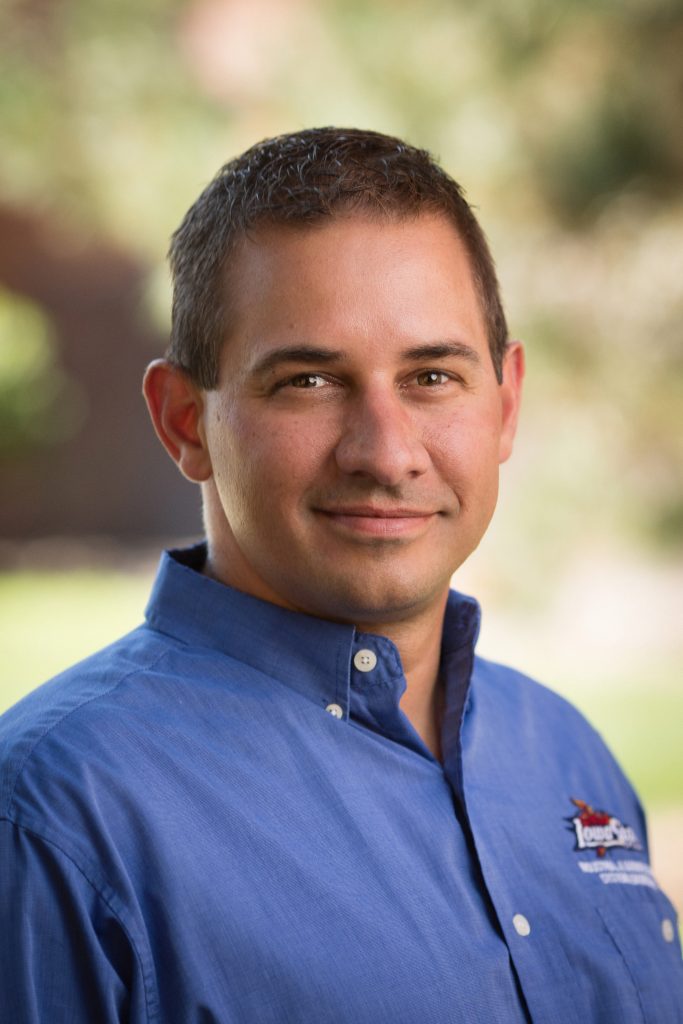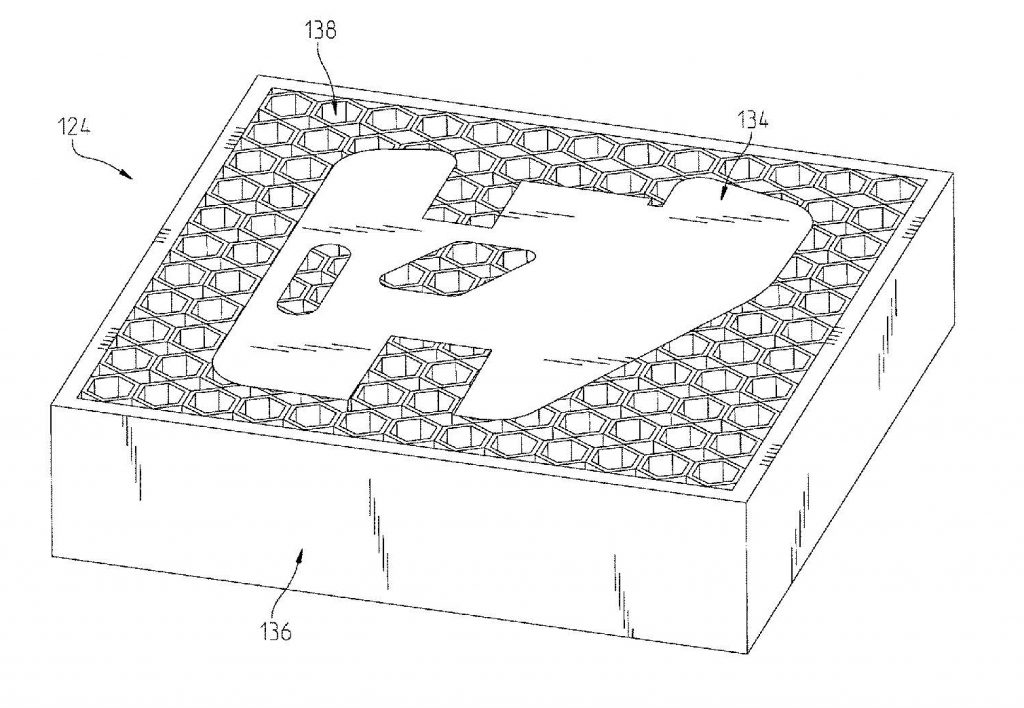Faculty Professional Development Assignment leads to patent for IMSE prof
Author: Nick Fetty
Author: Nick Fetty
The Faculty Professional Development Assignment (FPDA) taken by one industrial engineering professor has paid off in the form of a patent.

Matt Frank, the John B. Slater Professor of Sustainable Design & Manufacturing, and a team of engineers from Deere and Company were recently issued U.S. Patent 11,364,536 B1 for the “layered slab manufacturing system and method” they developed. Frank, who also serves as a professor in the Department of Industrial and Manufacturing Systems Engineering at Iowa State University, was on a FPDA with Deere, reporting to their Moline Technology Innovation Center during the 2019-2020 school year. His duties in this capacity included research and development for their Additive Manufacturing (AM) group, specifically working on hybrid manufacturing, which is the combination of additive and subtractive technologies.
For the patent, the team developed a manufacturing method that uses 3D printed layered slabs to create a final pattern for casting tooling applications. The method includes printing a prescribed number of slabs and iteratively stacking and machining them to create complex geometry. The method combines the best of both technologies while enabling a completely automated process.
“The methods we invented are based on theories from research in my Rapid Manufacturing and Prototyping Lab at Iowa State, where we develop methods to automate both the process and process planning required to create a manufactured component,” Frank said.

The engineers on this project came from a variety of different disciplines including industrial engineering, materials science and engineering (MSE) and biomedical engineering. The team, which included an Iowa State University alum, consisted of Eric M. Johnson (PhD MSE ’13, MS MSE ’01, BS Metallurgical Engineering ’99), Hema V. Guthy, Kalathur Pattabiraman, Ali Tayh, Darren J. Hellman and Michael C. Paisley.
FPDAs serve as an opportunity for faculty members to develop professionally by spending time in industry, or another sector that they can then leverage in their capacity as both instructors and researchers. Even though this patent was filed on behalf of Deere, opportunities such as this are still beneficial to the university.
“This opportunity to work for a major manufacturing company gave me an embedded experience in industry where I was exposed to the real-life challenges in engineering design and manufacturing,” said Frank. “Upon returning to ISU, I have a new perspective on the practical implications of the research we conduct in my lab and have been able to update and expand my lecture materials on advanced manufacturing and industrial automation topics. I am proud of all the work we accomplished during my time at Deere, including this patented invention, and strongly encourage others to consider taking an industrial position for their FPDA.”